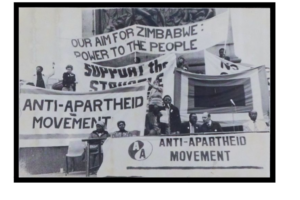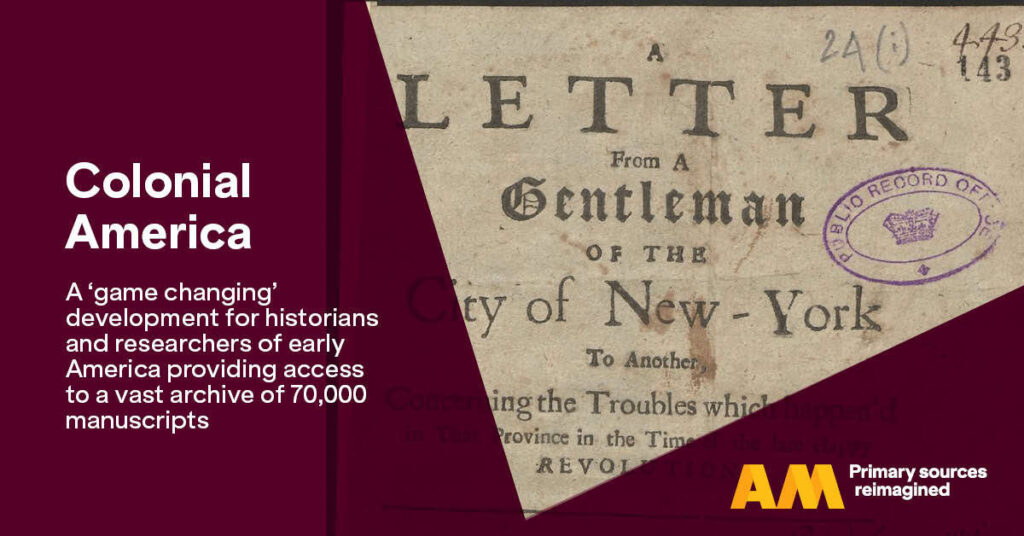 The Library now has access to the online archive 1980s Culture and Society, which brings together resources from archival collections in the US, UK, Australia, and Canada.
The Library now has access to the online archive 1980s Culture and Society, which brings together resources from archival collections in the US, UK, Australia, and Canada.
“From the rise of Conservatism, the threat of nuclear war, and the AIDS crisis, to rampant consumerism, economic crises, and technological advancements, the 1980s was a turbulent and complex decade in which some individuals reaped significant benefits whilst others experienced severe poverty and hardship. Drawing on material from the late 1970s through to the early 1990s, this resource focuses on the voices of under-represented groups, grassroots organizations, and countercultural movements, addressing themes such as sexuality and identity, Black resistance movements, Indigenous land rights, subcultures, and health and social issues.
“These themes are represented within a broad range of sources which feature a variety of perspectives. For example, campaign materials, newspapers and newsletters from grassroots organizations and local communities provide a keen insight into social and political activism during the 1980s, whilst government papers and speeches from the Reagan and Thatcher administrations demonstrate the rise in political conservatism that dominated the decade. Collections of zines highlight the rich creativity and productivity of 80s subcultures, whilst mainstream and consumer culture is epitomised in fashion catalogues, photojournalism and gaming ephemera.” (Source)
